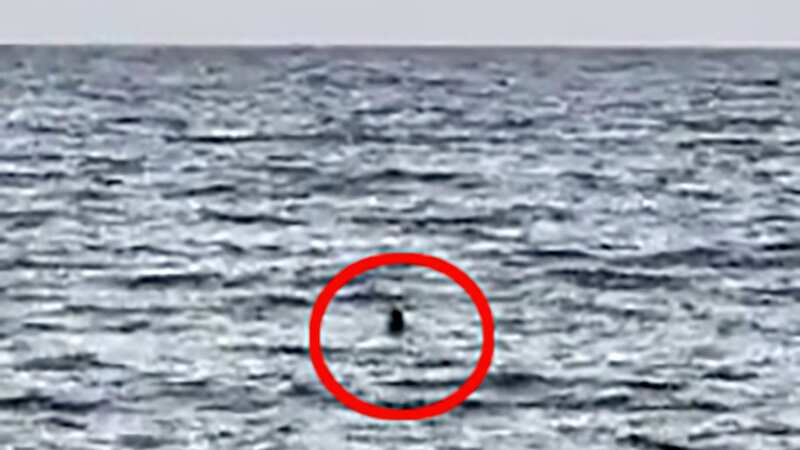Swimmers flee beach after spotting 'shark' - but it's something very different
Swimmers at a UK beach panicked and fled the water after fearing a shark had been spotted lurking.
Jazmine Preece, 20, was taking a relaxing evening dip at Gyllyngvase Beach in Falmouth, Cornwall, when other beachgoers started waving their arms and shouting at her. They urged the young woman to dash back to shore, alerting her to what they believed was a shark.
But it transpired the animal was in fact a harmless seal, a case of mistaken identity believed to happen relatively often. Jazmine, a student, was with her housemate at the time and described the experience as "scary but exciting".
She told Cornwall Live: "Me and my housemate just went for a sunset swim and we both got in the water for a paddle by two other swimmers and suddenly these two people came running over to us and they were pointing their hands together.
"I didn't know if they were speaking to us and then they said 'there's a shark, there's a shark' and started pointing."
 Teen girl mauled to death by shark in front of her friends in horrendous attack
Teen girl mauled to death by shark in front of her friends in horrendous attack
The student added: "I thought, 'oh God' and they said we might want to get out of the water.
"Then I started videoing it and first there was no fin out of the water so I thought it might have been a dolphin or something but the people said it's definitely not a dolphin so I wasn't sure."
Dan Jarvis, at British Divers Marine Life Rescue, confirmed the creature was actually a seal bottling. Bottling happens when seals bob their head out of the water to rest in such a way that it can appear similar to a shark's fin at first glance.
It's not the first time the mammals have been mistaken for a shark fin in Cornwall. Basking sharks have, though, been spotted in and around harbours along UK coastlines, but they are passive and generally pose no threat to humans.
A group of tourists saw one off the Gwynedd coast in Wales recently, for instance, and another was spotted near St Ives, also in Cornwall, earlier this year.
Read more similar news:
Comments:
comments powered by Disqus

































